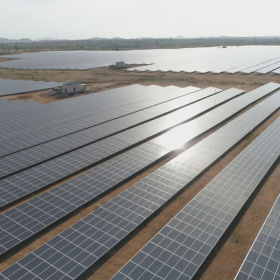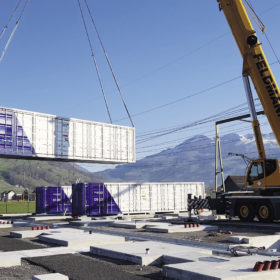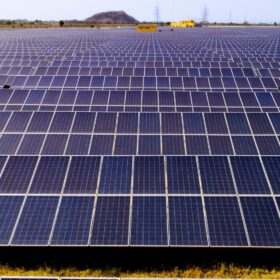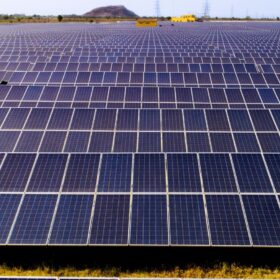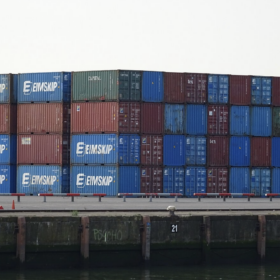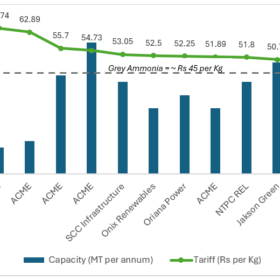India ranked third most attractive country for solar investment
India ranks behind the United States and China in IHS Markit’s latest rankings of most attractive solar markets.
IHS Markit forecasts 181 GW of new PV capacity for this year
The U.K.-based analyst has raised its outlook for new PV additions in 2021 by around 23 GW. Due to strong demand, leading module manufacturers are sold out for the first half of the year.
Solar system prices to rise – then fall – in 2021, with another record year anticipated
IHS Markit is predicting the world will add 30% more solar capacity this year.
Solar industry in 2020
India’s new solar capacity addition was badly hit due to the pandemic. The nation installed just 2.32 GW during the first nine months of the year. However, there was a silver lining too!
The future of power electronics is distributed, aggregated and service oriented
IHS Markit released a white paper in which the analyst outfit shared some predictions for the power electronics market. First and foremost, inverters will become smarter, and after some power outages in key markets, these devices are gearing up to take on more grid stabilizing tasks, which hitherto had been reserved for synchronous generators.
The long read: Storage … ready?
The story of residential rooftop solar is one of liberation. Confronted with high module prices, early PV adopters experienced significantly longer payback periods – it was not unheard of for homeowners to be making monthly finance payments higher than their utility bills. But consumers were motivated, seeking independence from the stranglehold that electricity providers had on them with ever-increasing utility rates.
Energy storage investment to approach $10bn in 2025
Analyst IHS Markit has predicted storage will rebound this year following its first year-on-year decline in 2019. The technology is being rolled out at pace despite Covid-19 with state-level policies set to keep the US the global capital for the next five years.
‘India will add 14 GW of solar this year’
The annual global outlook report for solar published by IHS Markit notes there was no real uptick in the amount of new capacity added last year, compared with the returns seen in 2018. That is likely to kill any hope India has of overtaking the U.S. as the world’s second biggest solar market in 2020.
Solar set for boom after a gloomy 2019
Solar installations in year 2020 are set to exceed 10 GW after a year hit by political uncertainties, module price increases associated with safeguard duty and a fewer number of awarded tenders. The outlook for battery energy storage installations for solar projects, however, is bleak as such combinations in India can cost 3-5 times more in 2020 than standalone renewable projects.
IHS Markit: Trackers to account for a third of PV installations
New analysis predicts more than 150 GW of tracker capacity will be installed in the next five years – around a third of all ground mount projects up to 2024. Rapid growth in Europe, the Middle East and Africa; and the better cost structures possible from combining trackers and bifacial modules are singled out as key trends.

